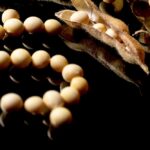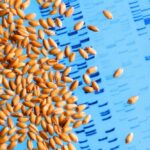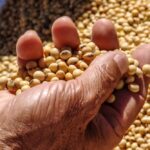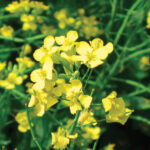Reuters — The U.S. Department of Agriculture is opening an inquiry into the impacts of concentration in the fertilizer, seed and retail markets. The inquiry stems from the Biden administration’s July 2021 executive order to promote competition across the U.S. economy, the agency said in a release Friday. Global supply chain problems and inflation have













